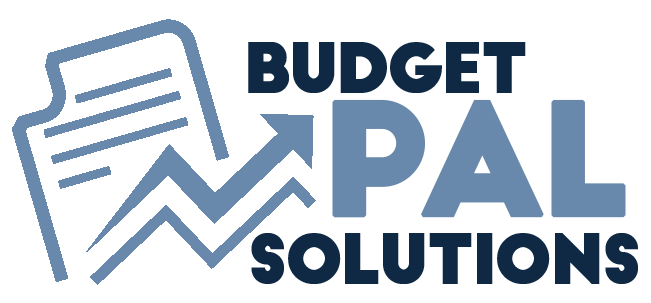Are you tired of struggling with debt? It’s time to take control of your financial future. Negotiating with creditors can be the key to lowering interest rates, reducing fees, and creating more manageable repayment terms.
Sign up today at Budget Pal Solutions to take the first step towards a brighter financial future!
If you’re struggling with debt, negotiating with creditors can be a valuable tool for getting back on track financially. By working directly with your creditors, you may be able to lower your interest rates, reduce fees, and create more manageable repayment terms. In this blog post, we’ll discuss some tips for negotiating with creditors to help you lower your debt burden and achieve financial freedom.
Know Your Rights:
Before entering into negotiations with creditors, it’s essential to know your rights as a borrower. Familiarize yourself with the terms of your loan agreements and understand what actions creditors can legally take if you fail to repay your debts. Knowing your rights will give you confidence during negotiations and help you advocate for yourself effectively.
Gather Documentation:
Before contacting your creditors, gather documentation related to your debt, including loan agreements, billing statements, and records of communication. Having this information on hand will allow you to reference specific terms and numbers during negotiations and provide evidence to support your requests for lower interest rates or fees.
Understand Your Financial Situation:
Before negotiating with creditors, take stock of your financial situation and determine how much you can realistically afford to pay each month. Calculate your income, expenses, and existing debt obligations to get a clear picture of your financial standing. Knowing your financial limitations will help you negotiate more effectively and advocate for repayment terms that align with your budget.
Be Proactive:
Don’t wait until you’re in dire financial straits to negotiate with creditors. If you anticipate having difficulty making payments or foresee financial challenges on the horizon, reach out to your creditors proactively to discuss your situation. Creditors are often more willing to work with borrowers who are proactive about addressing their financial difficulties.
Be Honest and Transparent:
When negotiating with creditors, be honest and transparent about your financial situation. Explain any extenuating circumstances that may be affecting your ability to repay your debts, such as job loss, medical expenses, or other financial hardships. Providing creditors with a clear picture of your situation can help them understand your needs and may increase the likelihood of reaching a mutually beneficial agreement.
Be Prepared to Compromise:
Negotiating with creditors often involves compromise. Be prepared to make concessions in exchange for lower interest rates, reduced fees, or more favorable repayment terms. Consider offering to set up automatic payments or agreeing to a longer repayment period in exchange for lower monthly payments. By demonstrating your willingness to work with creditors, you can increase the chances of reaching a satisfactory agreement.
Get Everything in Writing:
Once you’ve reached an agreement with your creditors, make sure to get all the terms of the agreement in writing. Review the written agreement carefully to ensure it accurately reflects the terms you’ve negotiated, including any changes to interest rates, fees, or repayment terms. Having a written agreement will provide you with legal protection and ensure that both parties are held accountable for their obligations.

